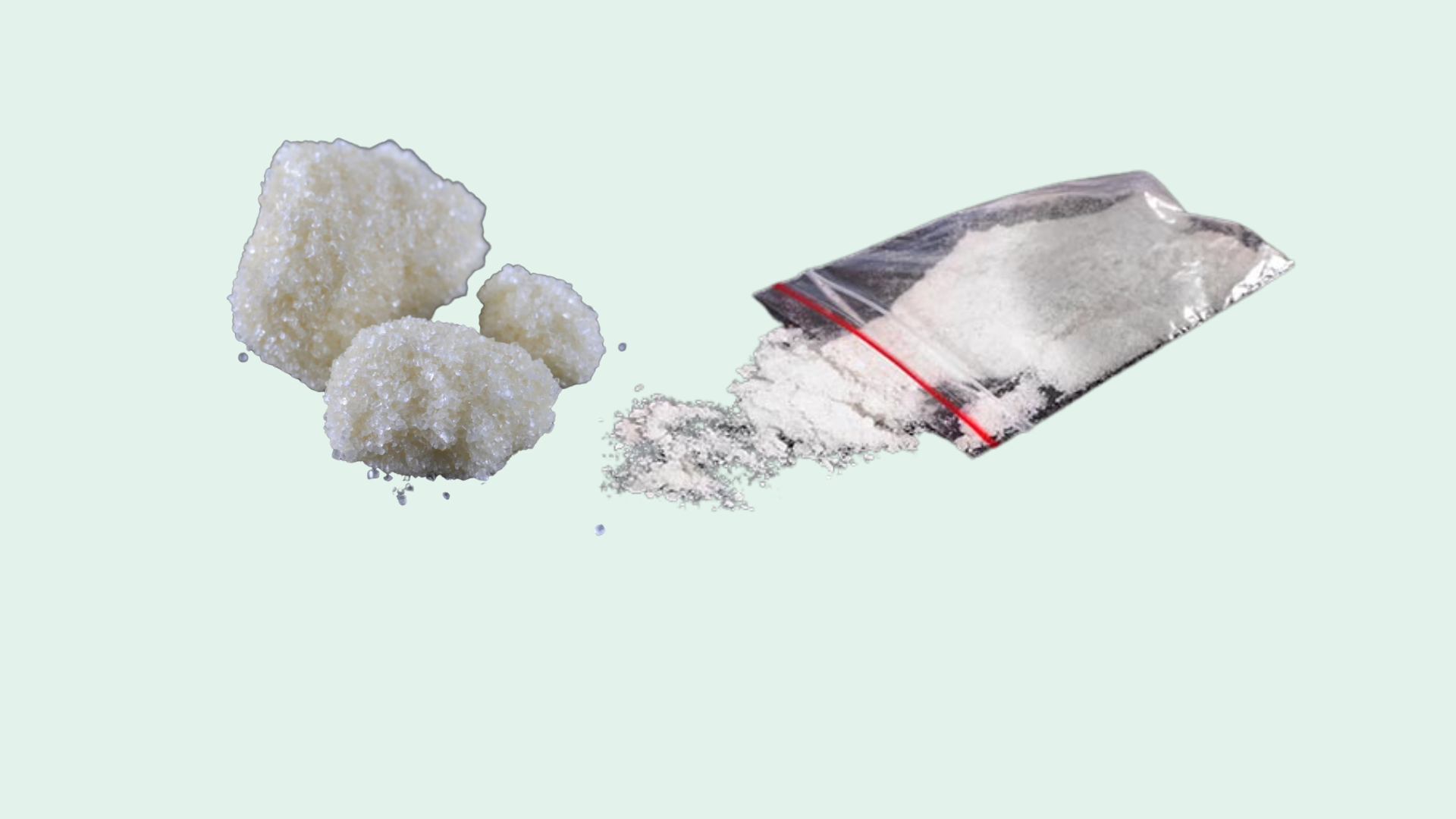What Are the Stages of Cocaine Addiction Treatment?
There are stages of recovery – precontemplation is when a person is not sure if they need help or want to change their lifestyle. Understanding that cocaine use is a problem, even if you are not a heavy user, is the first step in treating the addiction. In the early days of treatment, a person may still be affected by drug use and not able to make the positive decisions that can put them on the road to recovery.
Once you take that courageous first step, a plan for long-term recovery begins. Recovery from cocaine addiction is a long-term process that requires a combination of medical treatment, psychological support, and lifestyle changes.
Assessment and Evaluation
The initial stage of cocaine addiction treatment, like most other substances, begins with a comprehensive assessment that includes a physical and psychological evaluation to determine the severity of addiction, any co-occurring conditions and a person’s overall health. With this assessment, a plan can be tailored to the individual for the best course of treatment.
During withdrawal, cravings are often intense, and the risk of relapse is high. Depression and anxiety can also lead to suicidal thoughts. It is crucial to monitor for signs of a mental health crisis after quitting cocaine and follow a structured treatment plan.
Detoxification
Detoxification is the process where substances are removed from the body under medical supervision. This should never be done abruptly and should be done under supervision to help manage physical and psychological symptoms. In a controlled medical setting, severe symptoms can be eased to make withdrawal symptoms more tolerable.
Rehabilitation
After successful detox, rehabilitation in an inpatient or outpatient setting will begin. Inpatient care is done in a residential facility and is for those with more severe addictions, those who need a more controlled environment and those who have not been successful with rehab in the past. Outpatient care is more flexible, allowing a person to remain at home while attending regular treatment sessions.
Rehab consists of a combination of therapy, counseling, group meetings and other programs that work to address the underlying causes of addiction and create a plan for recovery. Learning to identify triggers and coping mechanisms to deal with those triggers is another important aspect of rehab. Changing the behaviors that led to addiction can be challenging but also very rewarding.
Counseling and Behavior Therapies
Options for cocaine addiction counseling and therapy vary based on personal factors and the level of dependence and can be essential to the recovery process. Behavioral therapies include Cognitive Behavioral Therapy (CBT), Motivational Interviewing (MI) and Contingency Management (CM), all of which will help individuals change negative thinking patterns and develop coping strategies to prevent relapse.
Relapse Prevention
Aftercare plans are critical to preventing relapse and maintaining the treatment process. Developing a relapse prevention plan that will help in high-risk situations can be very effective in long-term planning. The success of the aftercare plan is up to the person for whom it is created. Your participation will impact the outcome of the aftercare plan.
Some key points of aftercare plans
- Maintaining health – getting regular exercise, trying to eat a balanced diet and getting adequate sleep.
- Stress management – practicing meditation, mindfulness, yoga and deep breathing to help manage stress and reduce the risk of relapse.
- Continuous therapy – ongoing therapy sessions can help individuals stay on track.
Learning relapse prevention strategies is a very helpful tool in this process. Here some ways to recognize addiction and treatment.
- Understanding triggers – it is important to identify and avoid the things that have led to drug use in the past
- Coping skills – learn how to manage stress, social pressure and cris.
- Monitoring and follow up – regular check-ins and can help monitor progress and address any emerging issues.
Life After Treatment: How to Maintain Recovery
After successfully completing a structured plan of treatment, ongoing therapy or participation in support groups can help on the recovery journey.
Continuing Care and Support
Aftercare is crucial for long-term recovery. It provides ongoing support through regular check-ins with counselors, participation in support groups, and continued therapy. You’ll learn valuable coping skills, identify and avoid triggers, and explore healthy lifestyle choices like improved nutrition, exercise, and stress management techniques (journaling, deep breathing, meditation). While recovery presents challenges, with consistent effort and the support of your treatment team, you’ll gain the strength and confidence to navigate your new life successfully

